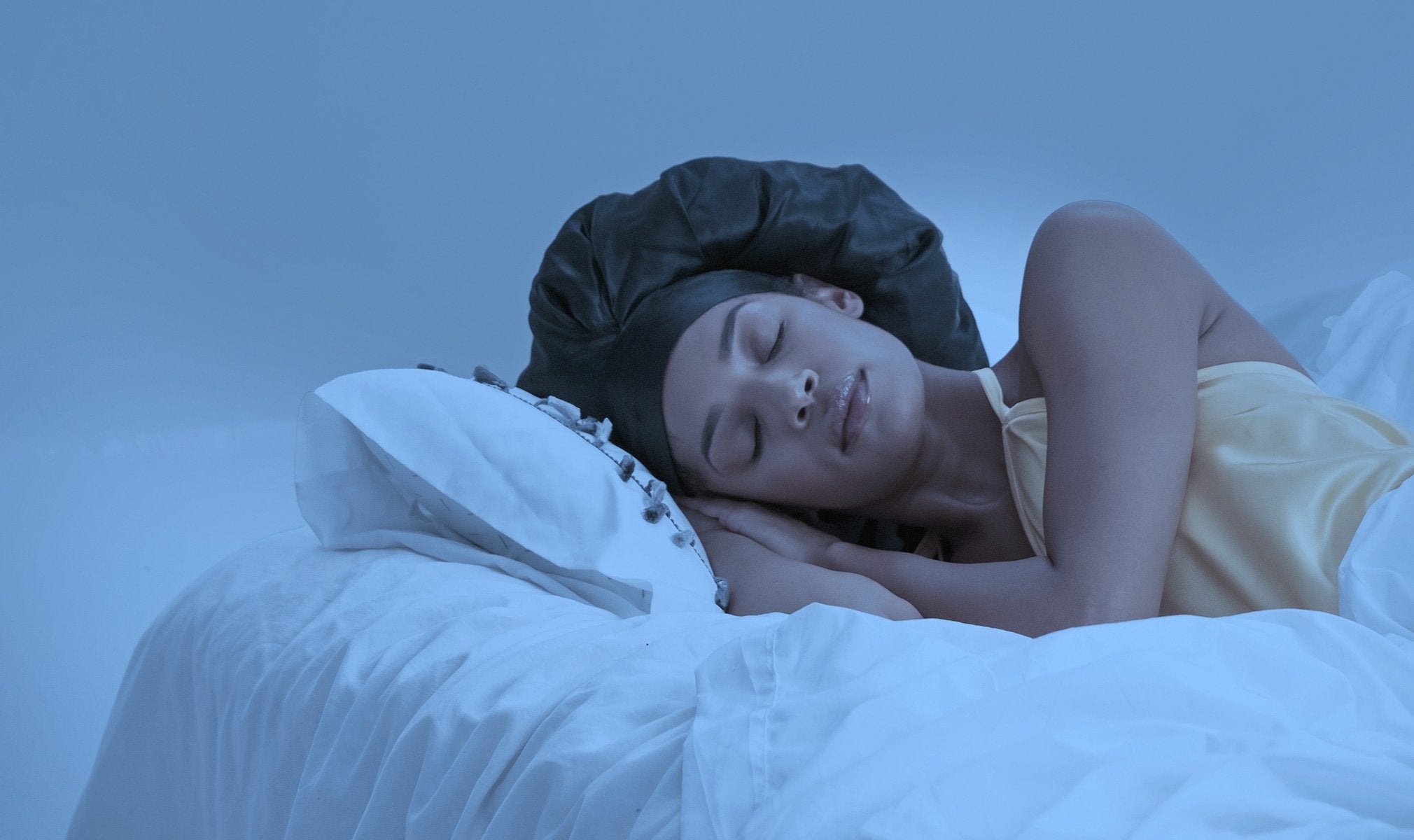When you miss out on sleep, you feel it the next day. You’re yawning nonstop, and you can’t seem to keep a steady focus on what’s in front of you — how annoying, right? You quickly realise that sleep deprivation is real, and the need for healthy sleeping habits is just as important. Every night when you go to sleep, your body works hard to restore and revitalise all of the intricate systems that keep you alert, energised, and healthy. Still, it’s tricky to figure out how many hours of sleep you need every night to reap all the benefits of a good night’s rest.
Let’s take a closer look at what sleep does for your body and how you can make the most of bedtime.
WHAT HAPPENS WHEN YOU SLEEP?
Most of us think all the heavy lifting of the day ends when you lie down at night. You get to close your eyes and rest, but your body starts working overtime to restore vital functions and release toxins. Your pineal gland releases melatonin throughout your body, so you begin to get sleepy.
Your body is quite busy when you sleep. The brain is hard at work sorting through your memories, filing them away in the proper sectors of your mind. Your pituitary gland releases growth hormones to repair different areas of your body. Your cortisol levels drop, giving your body a chance to relax, free of the “fight or flight” response that’s active all day.
The human body never ceases to amaze with all of its intricate, complex processes. Who knew so many things transpired as we dream about having the next million-pound Lotto ticket?
SO, HOW MUCH SLEEP DO YOU NEED?
Most of us go by the traditional standard, aiming for eight hours of sleep every night. According to the NHS, adults need six to nine hours of sleep, and as we age our sleep patterns change. Elderly sleepers may wake more in the night, but nap during the day.
And if you have kiddos at home, the younger they are, the more sleep they need to thrive during the day.
HAVING A HARD TIME GETTING TO SLEEP?
You know what happens when you sleep and how much sleep you need to get every night, but what happens when you can’t seem to get to sleep? Hormones work for you when you sleep, but they work against you if you’re not getting enough sleep every night.
With proper sleep, cortisol (stress hormone) levels decrease, but the opposite occurs when you don’t get enough sleep. If it’s not corrected, it may lead to high blood pressure and weight gain in some instances.
Additionally, when you don’t get proper sleep, you may have problems concentrating, experience a weakened immune system, lowered sex drive, and poor balance, to name a few.
Some people encounter occasional sleeplessness, but for others, it’s a constant uphill battle. Luckily, there are a few things you can do to remedy this issue. Let’s look at some of the common culprits that make it harder for you to fall asleep and stay asleep at night.
Too Much Tech
Cellphones, computers, televisions, tablets — the list goes on. Most of us can’t go 10 minutes without touching our phones to check our notifications. A recent study found that a majority of us can’t get through dinner without checking our phone, and a King’s College London study of 42,000 young people showed that they grow “panicky” when separated from their phones.
This means we’re intaking way too much blue light. Prolonged exposure to blue light causes eye strain, headaches, blurred vision, dry eyes, and it interferes with melatonin production. This directly affects your sleep and wake cycles, making it harder for you to fall asleep every night, especially if you “doom scroll” while lying in bed, getting ready to sleep.
It’s easy to overlook how much time you spend on electronic devices. Try to monitor your exposure, or get a pair of those blue light glasses to block the ultraviolet light.
Stress and Anxiety
Here’s a power couple nobody’s happy to see. These two often come to the party together, but even if they show up solo, they can interfere with sleep quality — if you fall asleep at all.
This goes back to the stress hormone cortisol. When cortisol levels increase, your “fight or flight” response kicks into gear. If you had a stressful, high-anxiety day, it’s hard to wrestle down those emotions. When this happens, try practicing some deep breathing exercises paired with some light stretching.
Alternatively, some find great success by adding supplements to their bedtime routine. Products like our CBD Gummies for Sleep with Chamomile and Passion Flower simplify any sleeping process, no matter what type of day you’ve had.
Stress and anxiety are never a good time, but it’s so much worse if you have to add sleeplessness to the equation. Creating a bedtime routine helps, too, especially if it’s full of calming activities and products like those mentioned above.
That Extra Cuppa
There’s a reason Brits drink 165 million cups of tea and 95 million cups of coffee a day. That beloved morning cup gets us up and moving, and an afternoon boost helps us finish the madness of the day.
As much as we love to put the kettle on, it helps to be mindful of your daily caffeine intake. More specifically, making sure you do not have caffeine too close to bedtime. Caffeine interferes with your sleep quality, making it harder for you to hit six to nine hours of uninterrupted sleep.
WHO’S READY FOR A GOOD SNOOZE?
Never underestimate the power of a good night’s rest. Sometimes we think we can function properly only by having five or six hours of sleep, but you quickly see that’s not the case.
If you experience sleep issues, try creating a bedtime routine that helps you wind down the mind and body. So, what time are you hitting the sheets tonight?
Do you want to add sleep-regulating melatonin to your bedtime routine?
Grab a bottle of our CBD Gummies today! Trade Flex





